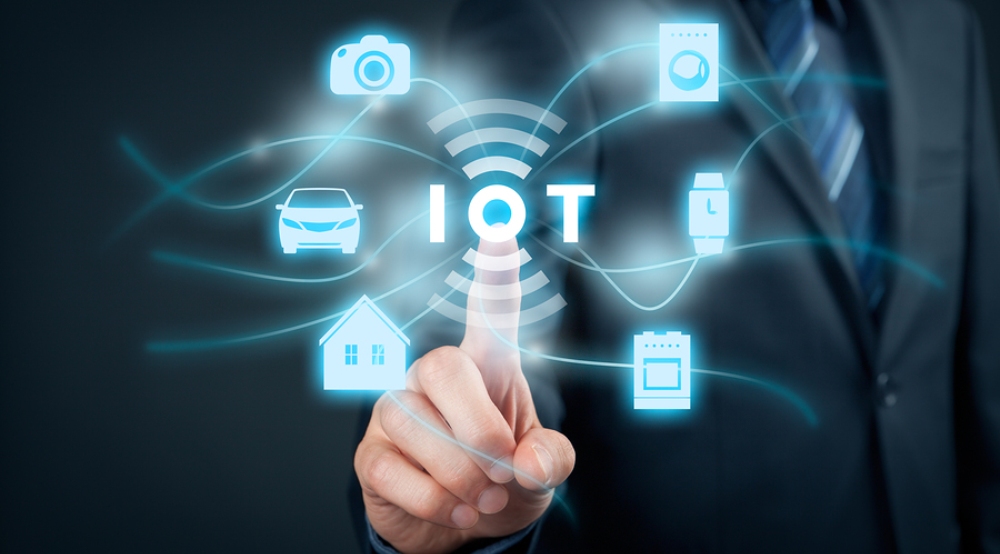
Healthcare industry is facing great despair. These services are becoming expensive, and the number of chronic ailments is increasing in the global population. Primary healthcare is becoming expensive for a large chunk of society. For this reason, the old age population is becoming unproductive. Chronic diseases are becoming common among old age people. There is no need to worry about this situation because the world has several opportunities for you. Development of IoT app can be an excellent choice for you. Feel free to read journals and essay online to know more about IoT.
However, technology can’t eradicate chronic ailments immediately or stop aging in population, and it may increase the affordability of healthcare for every patient. Medical diagnostic can increase your hospital bills. With the use of technology, it is possible to change the trends of medical checks.
Benefits of IoT in the Healthcare Industry
Real-time monitoring is possible via connected devices. This monitoring is suitable for medical emergencies, such as asthma attacks, diabetes, heart failure, etc. Real-time monitoring is possible via smartphone apps.
The IoT devices can transfer and collect health data: blood sugar levels, oxygen levels, ECGs, weight and blood pressure. The health data is stored in the cloud to share it with authorized people, such as insurance company, physician, etc.
With IoT, you can get the benefits of end-to-end affordability and connectivity. IoT helps you to automate workflow for patient care with the use of mobility solutions. Data analysis and the assortment is possible with the latest healthcare devices.
IoT enables devices to collect essential data for doctors. Doctors can get alerts and reports about the condition of a patient. With the help of these reports, doctors can make well-versed decisions for timely treatment. Real-time monitoring, tracking, and alerts are possible with the IoT.
In emergencies, patients can contact a physician for remote services. With a mobile app, it is possible to reach a doctor who is several kilometers away. Mobility solutions help patients to get medical assistance within a few minutes. IoT can be helpful to improve healthcare services.
The IoT poses significant threats for data security and privacy. These devices can transmit and capture data in real-time. Several IoT devices lack data ethics and protocols. Moreover, considerable ambiguity for ownership of data can’t be ignored. These factors can increase the susceptibility of data for cybercriminals. They can hack in a system and compromise PHI (Personal Health Information) of doctors and patients.
Cybercriminals may misuse the data of patients to create fake IDs to purchase medical equipment and drugs. Hackers can use this data to file fraudulent insurance claims in the name of patients. Integration of different devices may increase deterrent in the execution of IoT in this sector. Various devices and communication protocols can complicate the procedure of data accumulation.
Data accuracy and overload can be another problem for IoT. Data aggregation can be challenging to use multiple communication standards and protocols. IOT devices are responsible for collecting tons of data to get vital insights. It can be difficult for physicians to derive insights with a tremendous amount of data. With the increase in the number of devices, data recording becoming extremely difficult.
IoT Application in Healthcare
The advancement of IoT can be exciting for everyone because of its uses in different sectors. In Healthcare, IOT has several applications:
- Decrease the waiting period in an emergency room
- Enhance management of drugs
- Tracking inventory, staff
- Confirming the availability of dangerous hardware
For the application of IoT, you can use devices and wearables for the comfort of patients. Hearables are available for patients suffering from hearing loss. They can interact with the world in a better way. Moreover, ingestible sensors are beneficial for diabetic patients.
